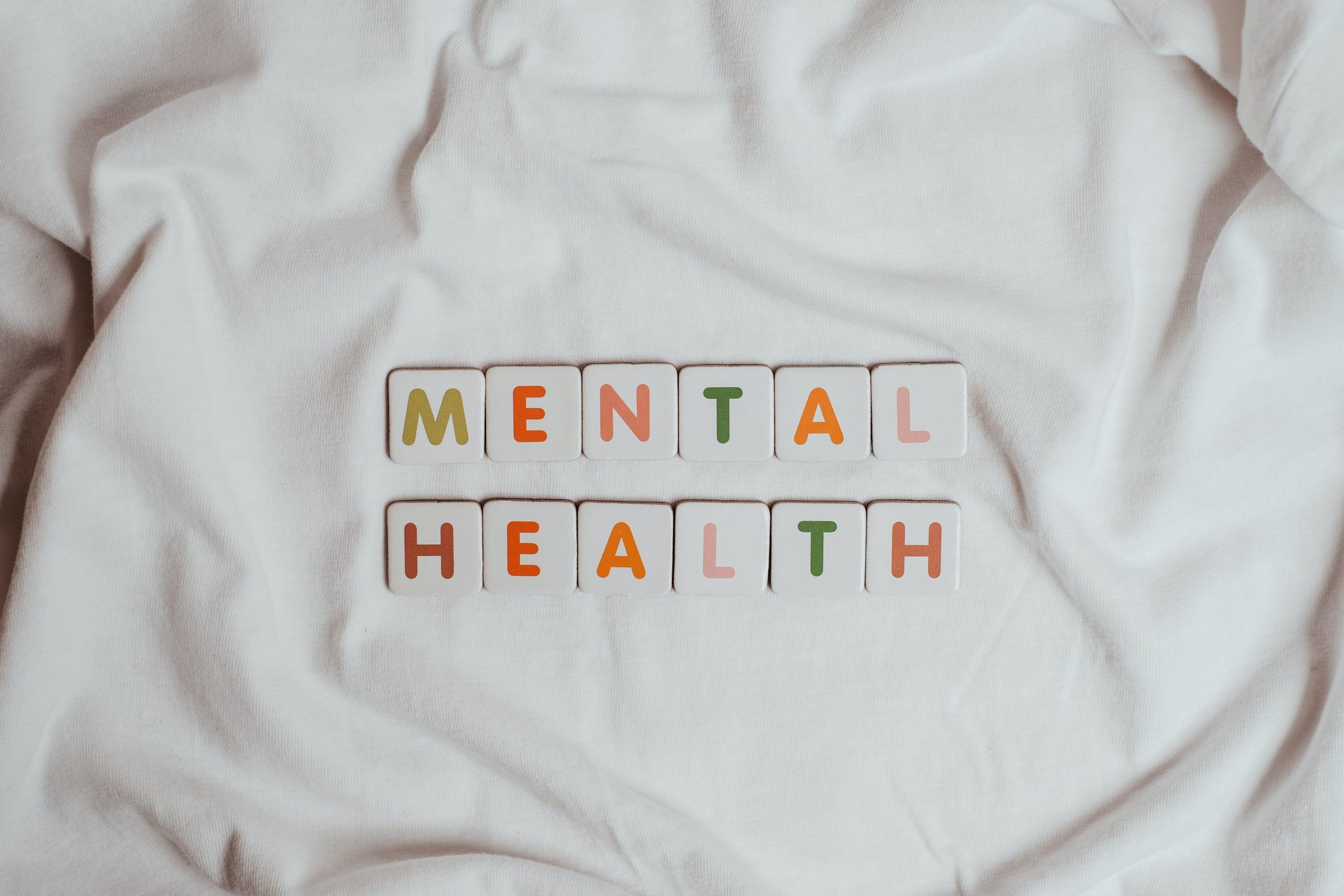One person story.

Our overall well-being depends critically on our mental health. Unfortunately, it’s also a subject that gets stigmatized and disregarded a lot. Many people experience mental health problems, but not everyone gets the help and tools they require to get better. In this article, we’ll outline one person’s path to mental health rehabilitation and offer some valuable tools to aid in the process.(mental health recovery resources)
Meet Jane, who goes by a pseudonym. Since she can remember, Jane has experienced anxiety and despair. She spent years attempting to control her symptoms on her own, but it wasn’t until she reached her breaking point that she understood she needed help.
According to Jane, “I felt like I was drowning.” I was unable to get out of bed, I didn’t want to interact with anyone, and I simply felt hopeless.
When Jane finally sought medical attention, her melancholy and anxiety were identified. She then started her road toward healing and recovery. She took the following actions, for example:
1. Seeking Professional Help
Jane’s initial action was to look for professional assistance. She began visiting a counselor with expertise in cognitive-behavioral therapy (CBT). CBT is a form of conversation therapy that aids in identifying and modifying unfavorable thought patterns and behaviors.
One of Jane’s best decisions she has made, she admits that she was initially apprehensive to attend a therapist. “My therapist helped me comprehend why I was feeling the way I was and provided me with tools to manage my symptoms,” the patient said.
It’s crucial to get expert care if you’re experiencing mental health problems. You can start by consulting your physician or contacting a local mental health agency.

2. Building a Support System.
Creating a support network was a crucial next step for Jane. She contacted dependable friends and family members who she knew would support her.
“I was surprised by how supportive my loved ones were,” recalls Jane. “I thought they would look down on me or judge me, but they treated me with love and kindness.”
Your ability to recover from mental illness can be greatly influenced by your support network. If you’re having trouble, think about confiding in close friends or family members or attending a support group.https://www.nami.org/Home
3. Taking Care of Her Physical Health.
Taking care of Jane’s physical well-being was essential to her recuperation. She started eating well and exercising frequently.
Jane claims that getting outside and exercising made her feel more energised and upbeat. And eating healthy foods gave me the impression that I was caring for myself.
Maintaining good physical health might help you feel better mentally as well. Try to maintain a nutritious diet, engage in regular exercise, and get enough rest.https://www.headspace.com/
4. Finding Meaning and Purpose.
Finally, Jane discovered that her recovery from mental illness depended on her being able to find fulfillment in her life. She began giving back to the community by working at an animal shelter and discovered that doing so provided her a feeling of fulfillment and purpose.
I understood that my difficulties had given me a distinct viewpoint and that I could utilize my expertise to aid others, says Jane. “I felt like I was making a difference and that volunteering gave me a sense of purpose.”
Finding meaning and purpose in your life can be a very effective approach for recovering from mental illness. Think about doing some charity work or discovering a fun pastime.Additionally crucial to our objective is making sure you have the assistance you require.https://www.mhanational.org/

